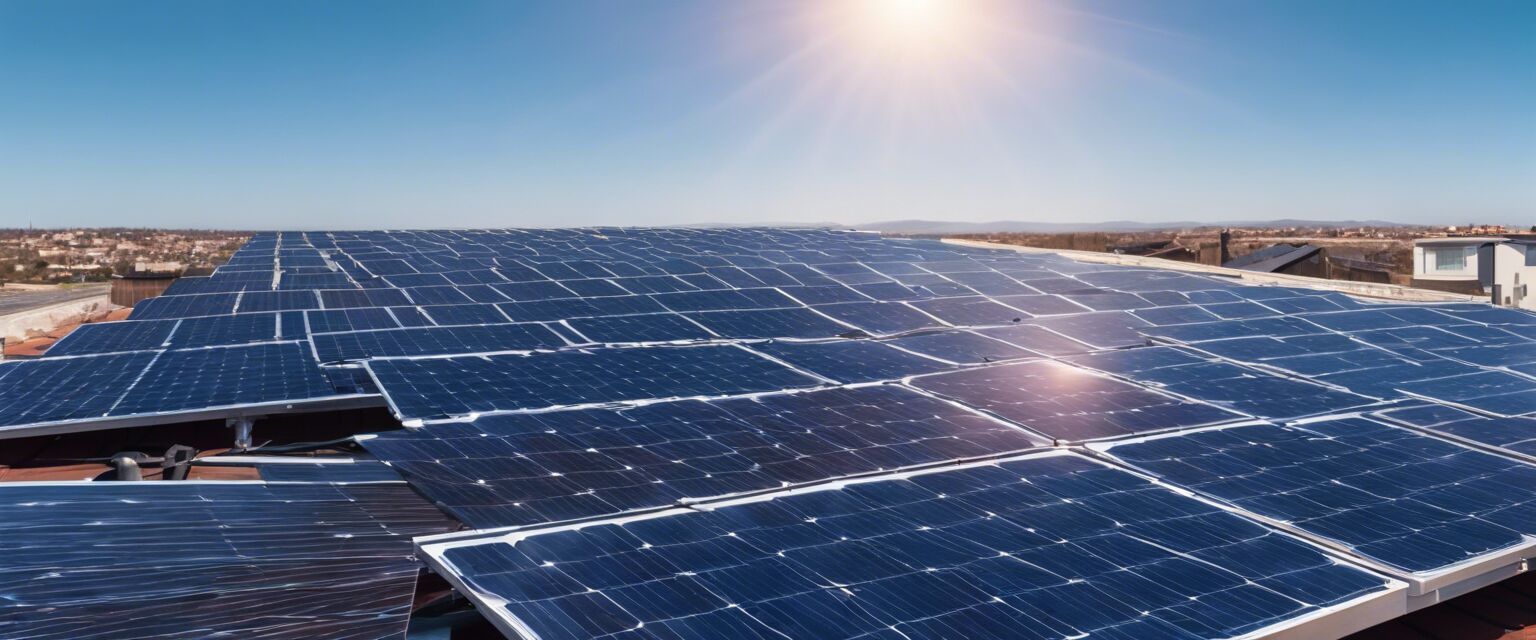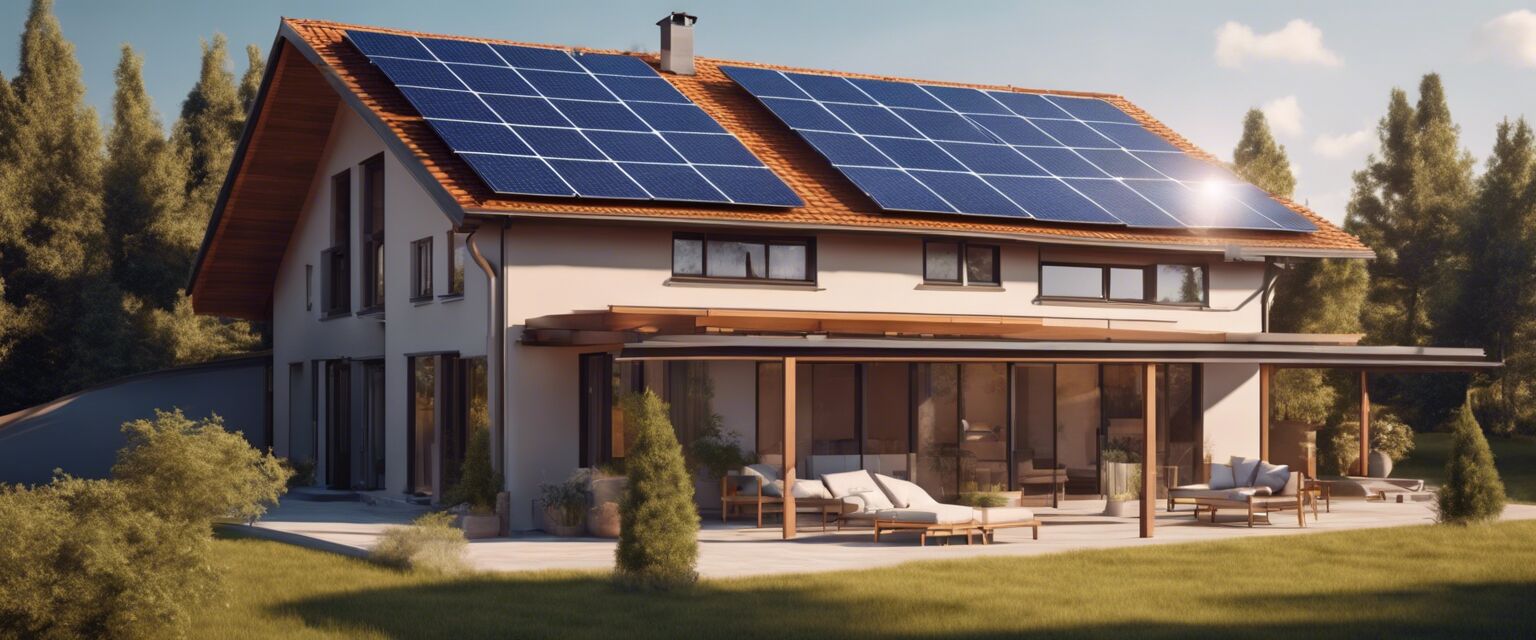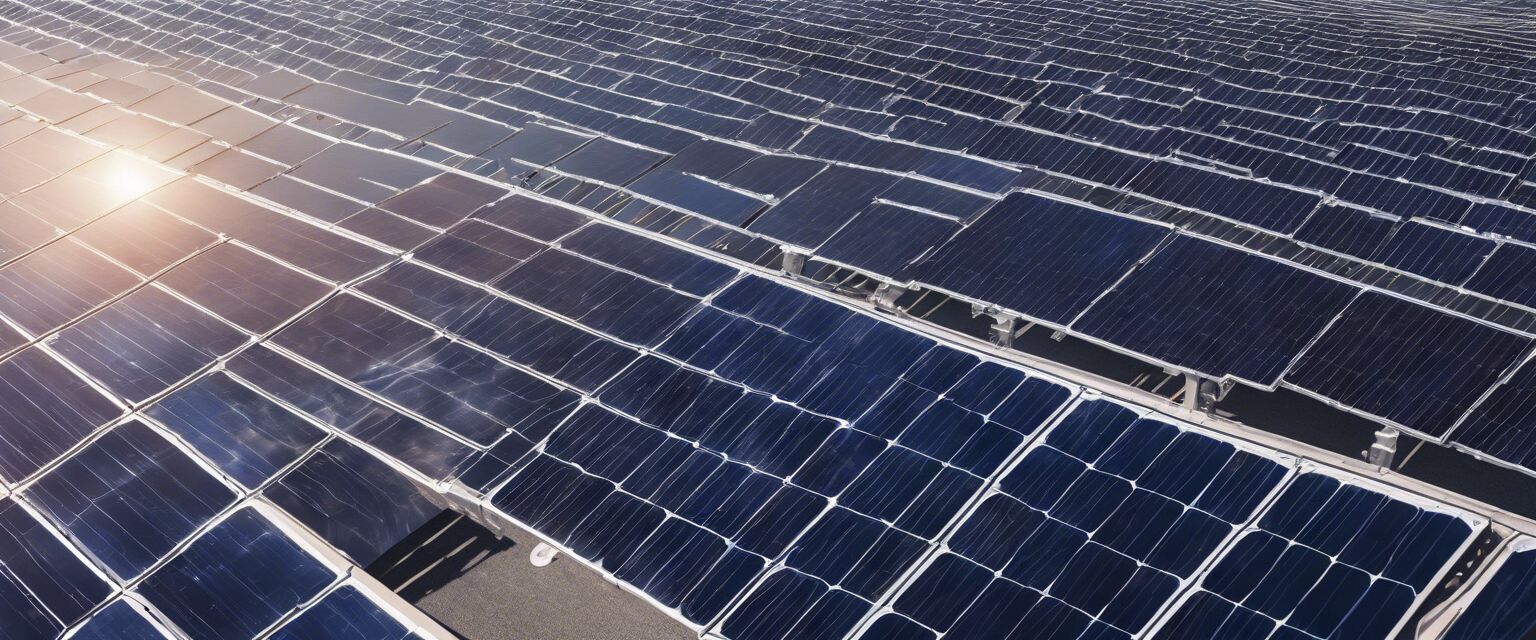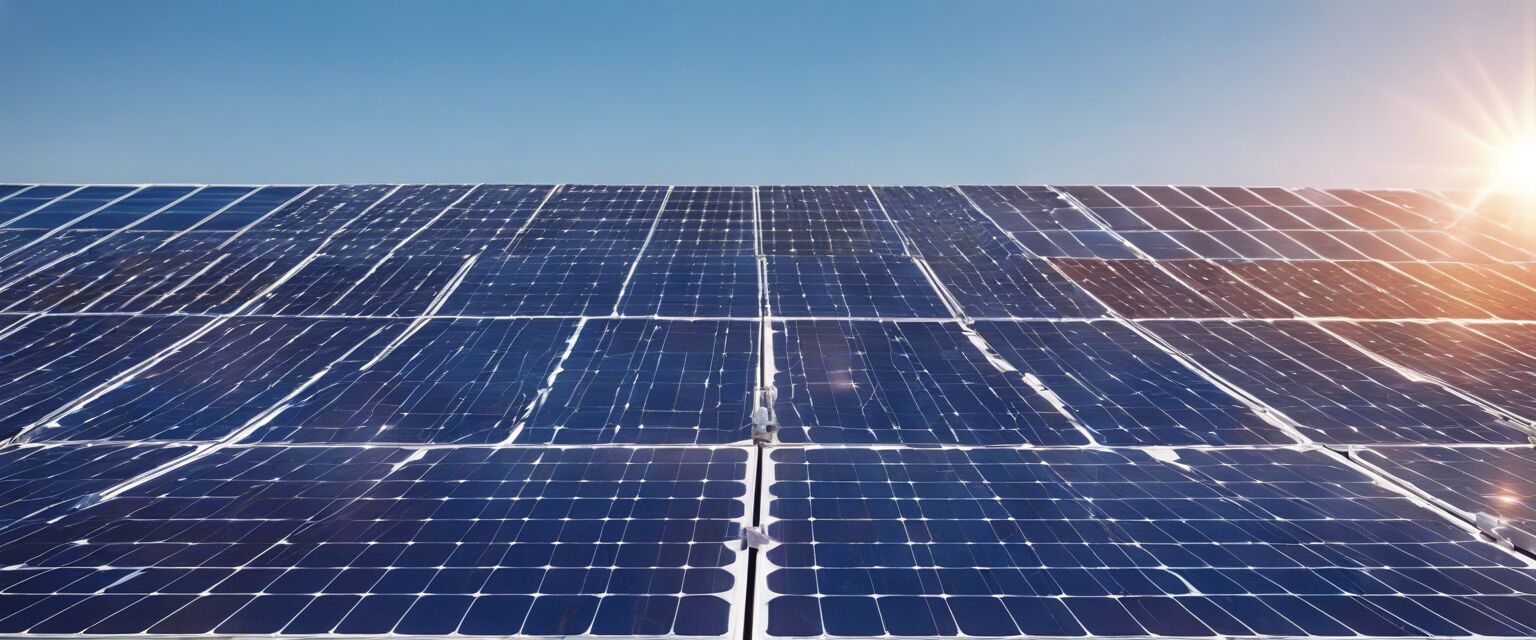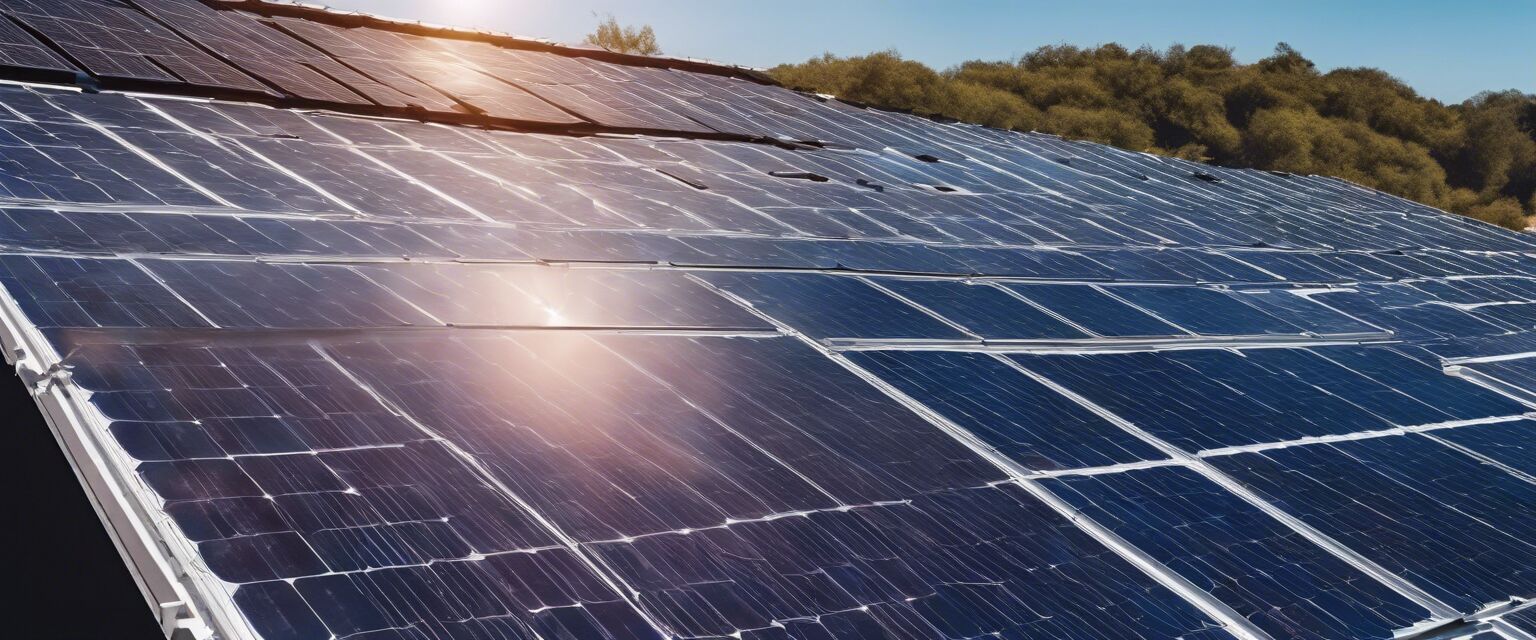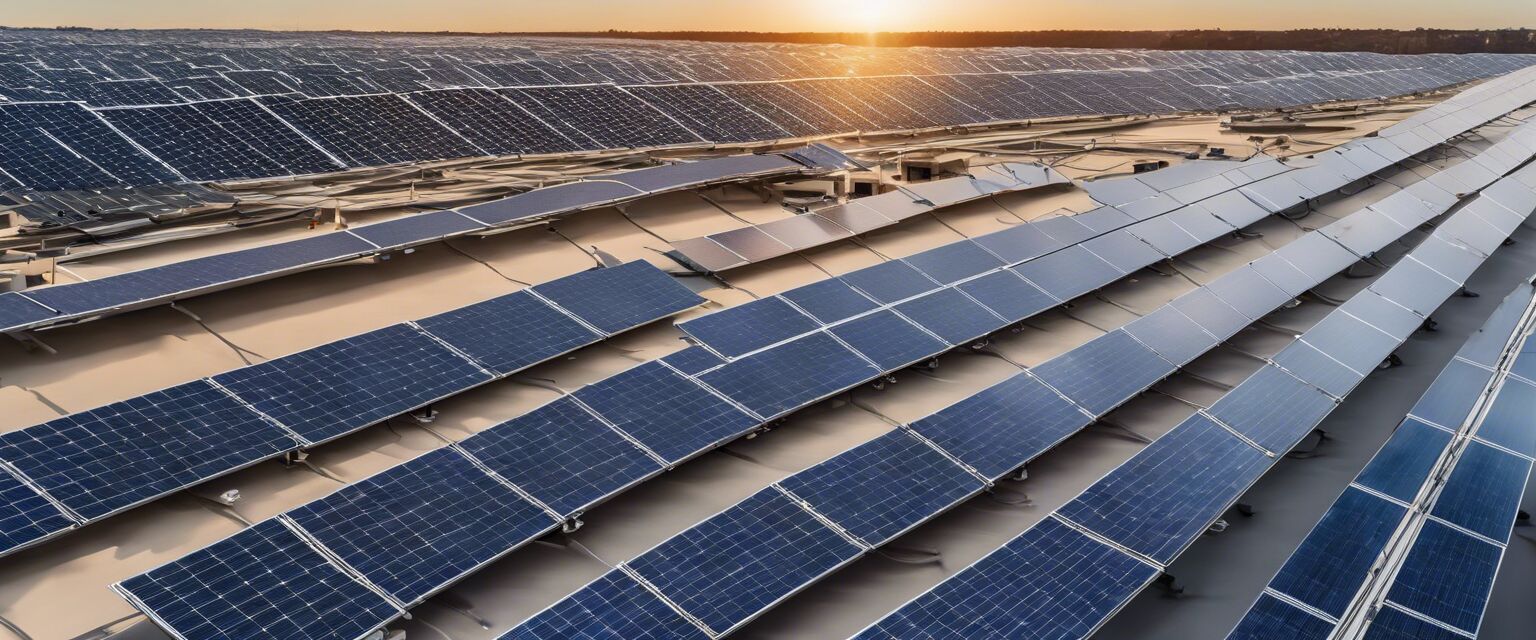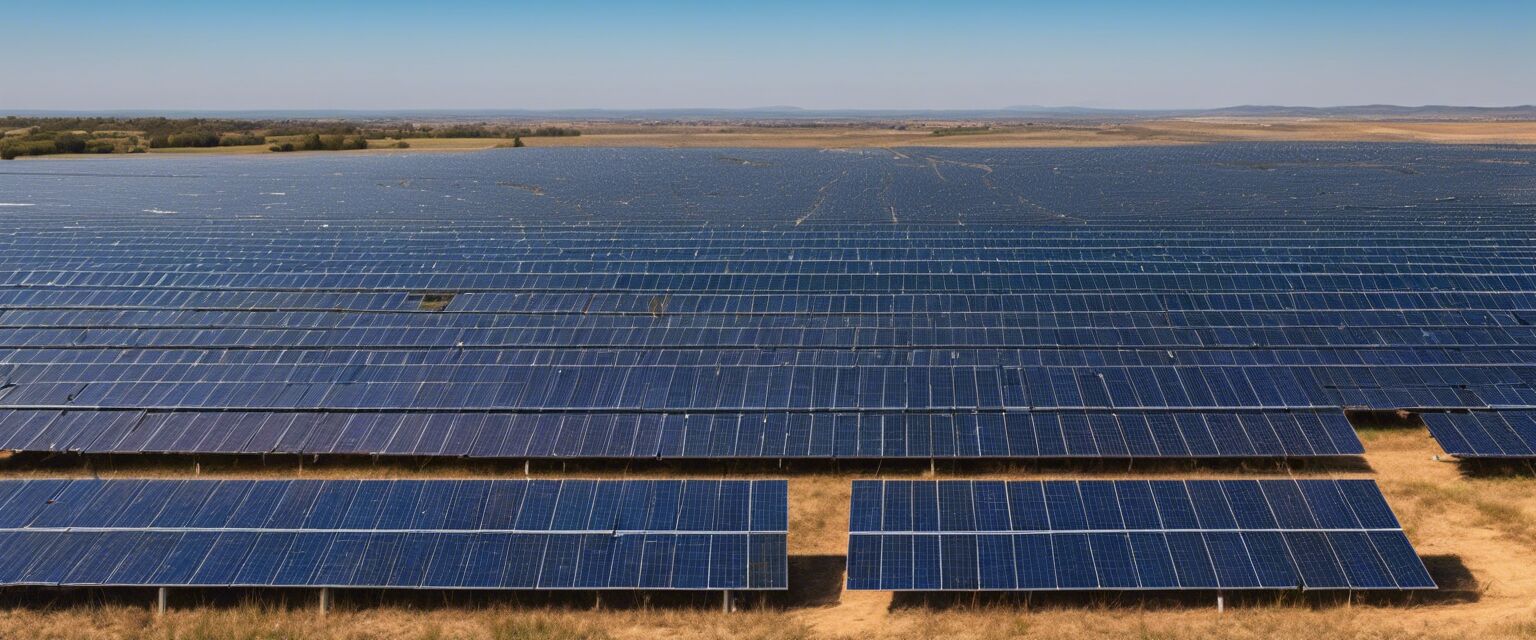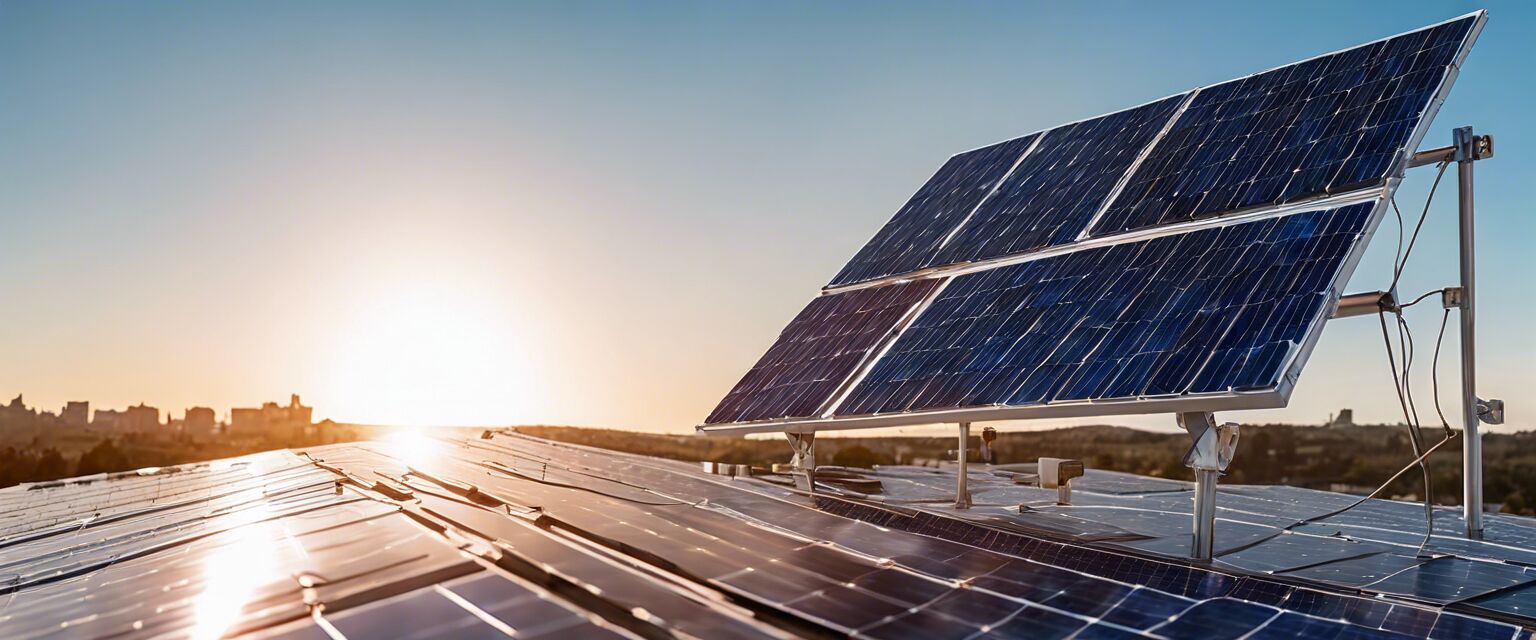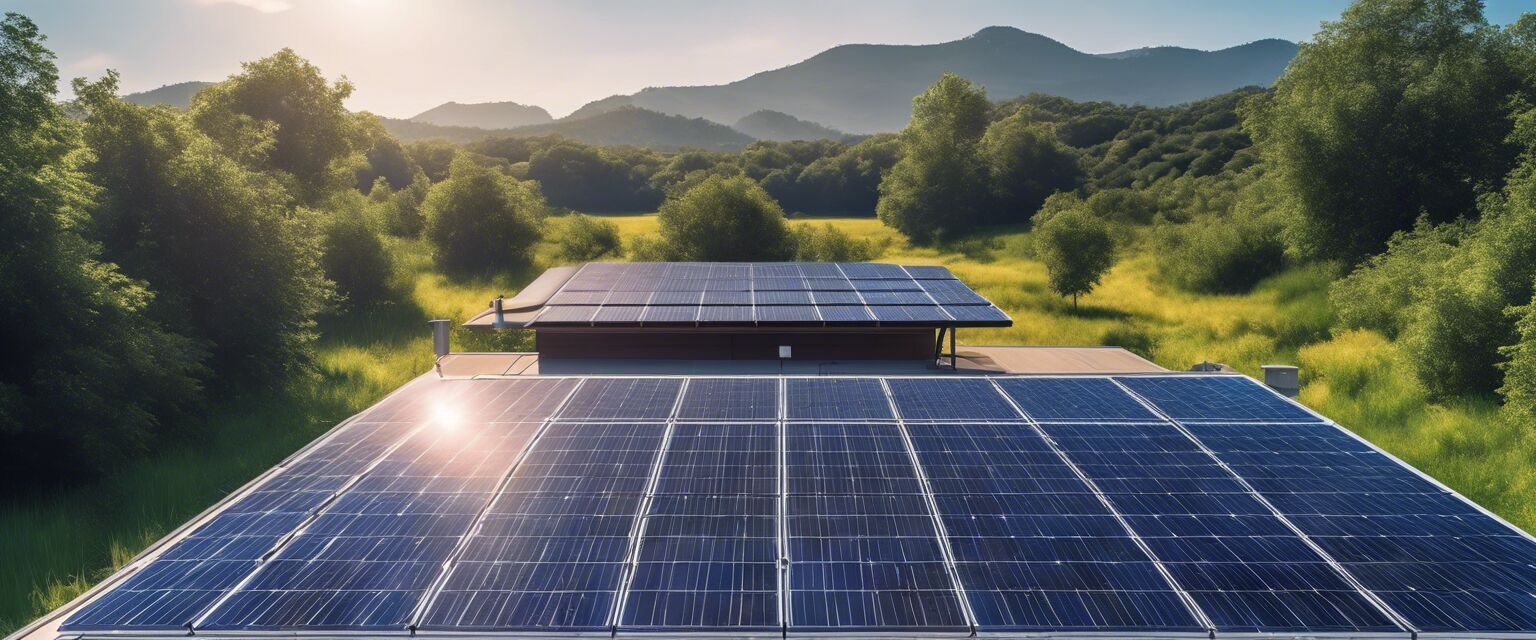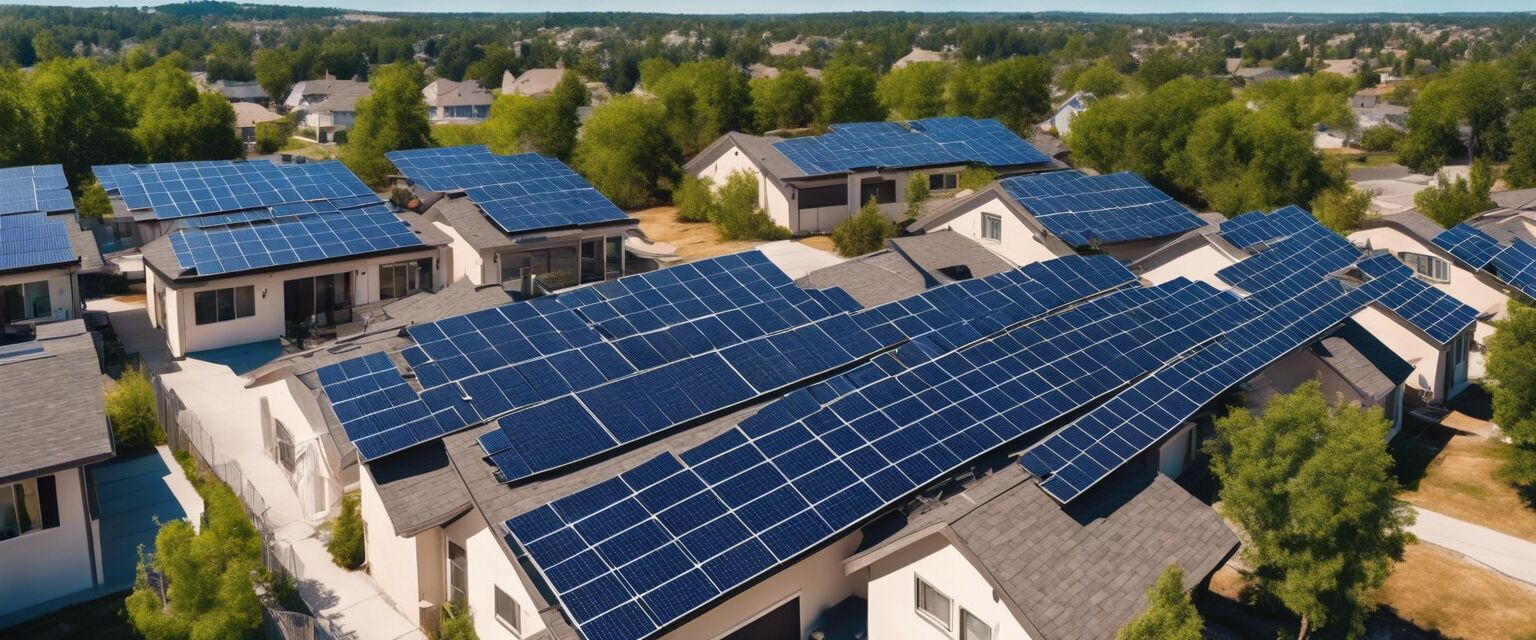
Cost of solar panels
Key Takeaways
- The average cost of solar panels ranges from $15,000 to $25,000 for residential installations.
- Installation costs can vary significantly based on location and system size.
- Incentives and tax credits can substantially reduce the overall cost.
- Financing options are available to make solar more accessible.
- Long-term savings on electricity bills can offset the initial investment.
Solar energy has become a popular and sustainable option for homeowners and businesses looking to reduce their electricity costs and environmental impact. Understanding the costs involved in purchasing and installing solar panels is crucial for making informed decisions. This article will break down the various components that contribute to the overall cost of solar panel systems, allowing you to budget accordingly.
Factors Influencing the Cost of Solar Panels
The cost of solar panels can vary based on several factors. Here are the primary considerations:
- System Size: Larger systems typically have a lower cost per watt.
- Type of Solar Panels: Different types of panels (monocrystalline, polycrystalline, thin-film) have varying costs and efficiencies.
- Installation Complexity: Roof type, height, and accessibility can affect labor costs.
- Location: Prices can vary significantly by region and local energy policies.
- Incentives and Rebates: Federal and state incentives can lower upfront costs.
Average Costs of Solar Panel Systems
Here’s a breakdown of the average costs associated with solar panel systems:
| System Size (kW) | Average Cost | Estimated Installation Time |
|---|---|---|
| 5 kW | $15,000 - $20,000 | 1 - 2 days |
| 10 kW | $25,000 - $30,000 | 2 - 3 days |
| 15 kW | $35,000 - $45,000 | 3 - 4 days |
Cost Breakdown of Solar Panel Installation
Understanding the components that make up the total cost is vital. Below is a detailed breakdown:
| Cost Component | Percentage of Total Cost |
|---|---|
| Solar Panels | 30% - 50% |
| Inverter | 10% - 20% |
| Installation Labor | 15% - 25% |
| Permitting and Inspection | 5% - 10% |
| Other Costs (e.g., mounting, wiring) | 5% - 10% |
Types of Solar Panels and Their Costs
There are primarily three types of solar panels, each with its own cost structure:
| Type of Solar Panel | Cost per Watt | Efficiency |
|---|---|---|
| Monocrystalline | $0.80 - $1.50 | 15% - 22% |
| Polycrystalline | $0.70 - $1.20 | 13% - 16% |
| Thin-Film | $0.50 - $1.00 | 10% - 12% |
Financing Options for Solar Panels
Many homeowners opt for financing to make solar panels more affordable. Here are some common options:
- Solar Loans: Installments paid over time, typically with fixed interest rates.
- Leasing: Pay a monthly fee to use the system while the solar company retains ownership.
- Power Purchase Agreements (PPAs): Pay for the power generated by the system instead of the system itself.
Long-Term Savings and Return on Investment
Investing in solar panels can lead to significant long-term savings on electricity bills. Here’s how:
- Average savings of $10,000 to $30,000 over 20 years.
- Increased home value: Homes with solar systems can sell for more than those without.
- Potential to generate income through net metering or selling excess energy back to the grid.
Conclusion
Understanding the costs associated with solar panels is essential for making a sound investment. By considering the factors outlined above and exploring financing options, you can make a more informed decision about transitioning to solar energy. With the potential for long-term savings and environmental benefits, solar panels are a worthwhile consideration for any property owner.
Tips for Beginners
- Research local solar providers and request multiple quotes.
- Check for available incentives and rebates in your area.
- Consider the long-term benefits when evaluating costs.
- Understand your energy needs before selecting a system size.
- Review customer testimonials and case studies for insights.
Pros
- Reduces electricity bills significantly.
- Environmentally friendly energy source.
- Increases property value.
- Available financing options make it affordable.
Cons
- High upfront costs can be a barrier.
- Efficiency can be affected by weather conditions.
- Requires space for installation.
- Long payback period in some cases.
Further Reading
For more information on solar panels, check out these resources:
